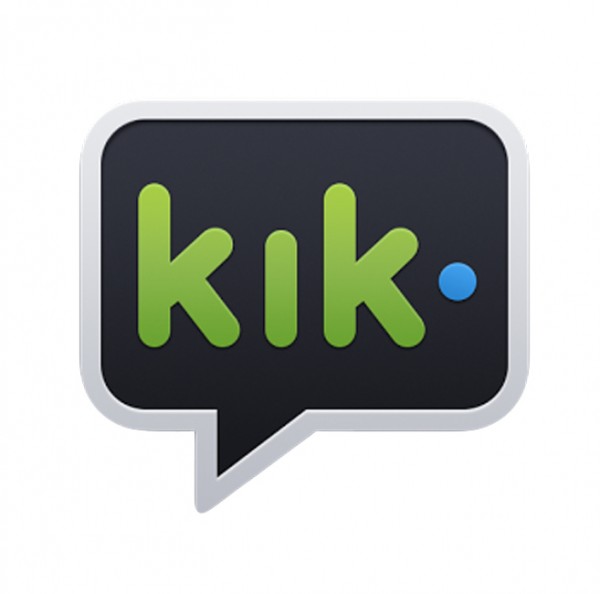As with other messaging apps, Kik lets you send texts, pictures, and video. But it also offers lots of other mini-apps that let you do everything from exchange virtual greeting cards to chat with strangers. Users don’t have to reveal real names, so there’s a layer of anonymity.
Why it’s popular: There’s much more to Kik than meets the eye: You can send unlimited messages without depleting your texting limit; you can see whether someone has read your message; you can send individual or group messages; you can surf the Web from inside the app itself; and you can access tons of other content from within the app.
What parents need to know:
- It’s easy to send messages to a group or all users if you’re not savvy about settings, so teens might post things to everyone that they only mean to share with friends. Make sure they know how to navigate the settings and block people.
- It’s possible to have anonymous contact with strangers. Talk to your teen about what information they shouldn’t share, and encourage them to block people they don’t know. Kik employs “bots” (automated messages that look like they’re from people but are actually a form of marketing), so if kids don’t recognise a user or something seems off, tell them not to reply.
- Many of the internal apps are iffy because they’re trying to sell something or promote products. Make sure kids know whether they’re allowed to spend and that “promoted chats” are actually advertising.






